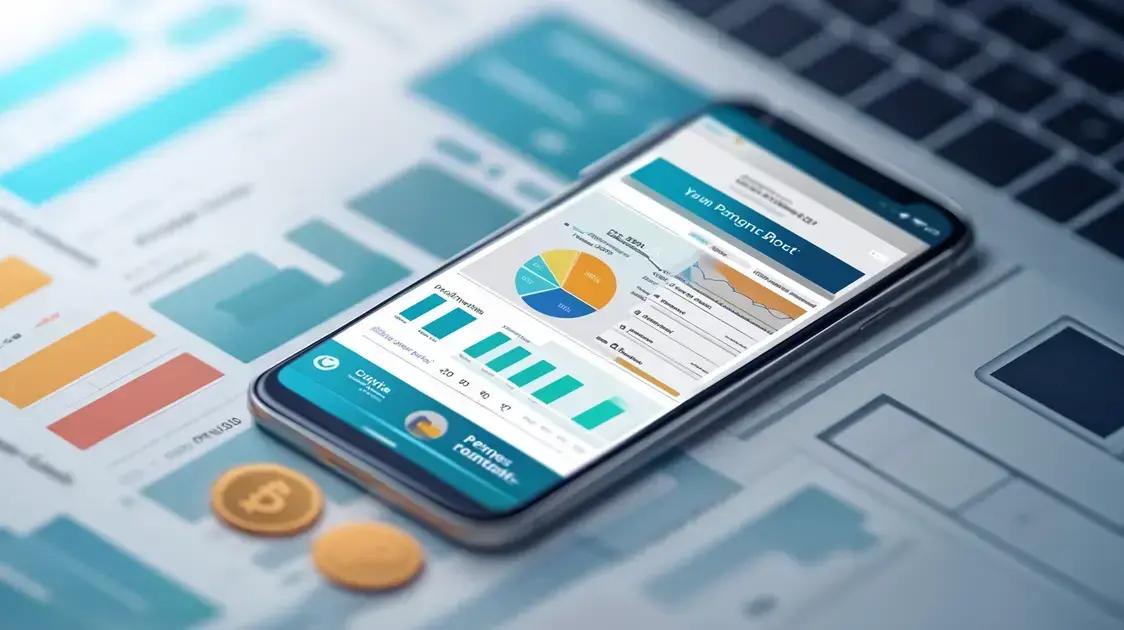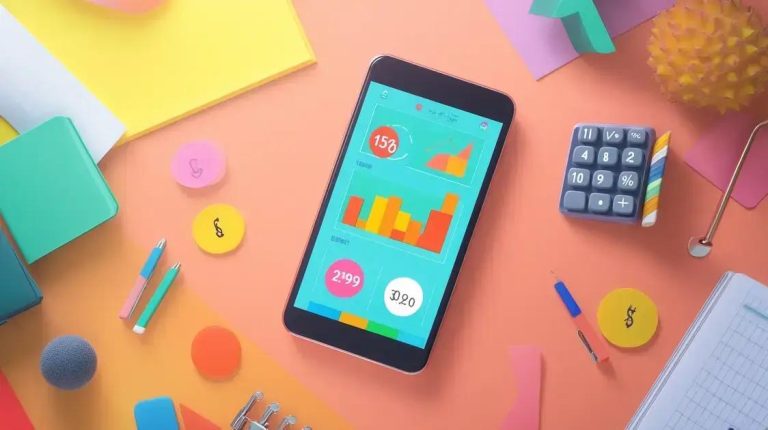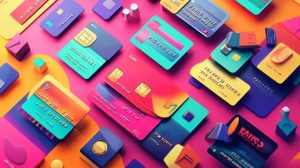Anúncios
Best Budgeting Apps can make managing your money effortless and even fun. With features like automatic transaction tracking, these apps help you stay on top of your spending without the hassle of manual entry.
The Best Budgeting Apps also offer goal-setting tools, motivating you to save for things that matter most. Seeing your progress helps you stay focused and on track to meet your financial goals.
Curious to know which app is right for you? Keep reading to explore the top features that can take your budgeting to the next level.
Anúncios
Top Features of the Best Budgeting Apps
The best budgeting apps come with features that make managing money easy and fun. One of the top features is automatic transaction tracking.
This allows users to see where their money goes without manual entry. Users can connect their bank accounts and credit cards, making it effortless to keep an eye on spending.
Another key feature is goal setting. Many apps allow you to set savings goals for things like vacations or new gadgets. This motivates users to save more by visualizing their progress. Seeing how close you are to your goal helps keep you focused and dedicated.
Lastly, many budgeting apps offer personalized tips and insights. They analyze your spending habits and suggest ways to cut costs or save money. This is like having a financial advisor at your fingertips, guiding you to make better financial decisions.
Anúncios
How to Choose the Right Budgeting App
Choosing the right budgeting app starts with understanding what features matter most to you. Consider whether you want automatic transaction tracking or manual entry.
If you prefer convenience, an app with automatic syncing is a great choice. But if you like control, a manual option might suit you better.
Next, think about your financial goals. Are you saving for a big trip or trying to pay off debt? Look for apps that cater to your specific needs. Some apps focus on savings, while others help with debt management. Finding one that aligns with your goals can make budgeting much easier.
Finally, consider user reviews and ratings. Reading what others think can guide you to the best app for your needs. Try a few different ones to see which feels the most comfortable. The right app should make budgeting simple and enjoyable, fitting seamlessly into your daily routine.
Comparative Review of Popular Budgeting Apps

In the world of budgeting apps, two popular choices are Mint and YNAB (You Need A Budget). Mint is great for beginners because it’s free and easy to use.
It tracks your spending automatically and offers insights into your financial habits. On the other hand, YNAB is a paid app designed for those who want to take a more hands-on approach to budgeting. It encourages users to allocate every dollar, helping them to prioritize spending and savings.
Another app to consider is EveryDollar. This straightforward tool allows you to create a budget from scratch using a zero-based approach. The free version lets you track income and expenses, while the paid version allows for bank syncing.
Compared to Mint, it’s more focused on budgeting rather than just tracking spending.
Finally, there’s Personal Capital, which focuses not just on budgeting, but also on investment tracking. This app is ideal for those who want to manage both their budget and investment portfolios in one place.
It offers tools to help you plan for retirement while also providing insights into your spending, making it a versatile choice for a comprehensive financial view.
User Experiences with Budgeting Apps
User experiences with budgeting apps can vary a lot. Many users love how Mint simplifies tracking their spending. They appreciate the automatic syncing with bank accounts, which saves time. Some users, however, feel overwhelmed by all the data and charts it offers, wishing for a simpler way to see their finances.
On the other hand, YNAB users often rave about the app’s focus on helping them take control of their money. They enjoy learning new budgeting techniques and find the support community helpful. However, some find it challenging to adjust to the ‘give every dollar a job’ approach at first, needing time to adapt.
Then there’s EveryDollar, which many users find user-friendly and straightforward. They love how easy it is to set up a budget each month. Yet, some users feel that without the optional bank syncing, tracking expenses can become a bit tedious. Overall, each app has its own strengths and challenges regarding user experiences.
Tips for Effective Budgeting Using Apps
To budget effectively using apps, it’s important to set clear and realistic goals. Start by defining what you want to achieve, whether it’s saving for a trip or paying off debt.
Having specific goals helps you stay motivated and focused. Make sure to track your progress regularly, so you can see how well you are doing.
Another tip is to check in with your budget frequently. Daily or weekly check-ins can help you stay on top of your spending. Use your app to categorize expenses and see where your money is going. This way, you can adjust your spending if needed to stay on track.
Lastly, make use of all the features your budgeting app offers. Many apps provide tools for setting reminders, creating spending limits, or sending alerts for unusual spending.
Take advantage of these features to boost your budgeting skills. These small tools can make managing your finances much easier and keep you motivated to achieve your financial goals.
Tips for Managing Your Budget
How should I start managing my budget?
Start by listing all your sources of income, such as your job, additional gigs, or investments, and track your monthly expenses.
What is the importance of technology in budget management?
Technology helps categorize your spending and visualize habits, making it easier to make decisions about where to save.
How often should I review my budget?
It’s important to review your budget monthly to align it with your financial goals and adjust categories as necessary, always seeking to improve control over your personal finances.





